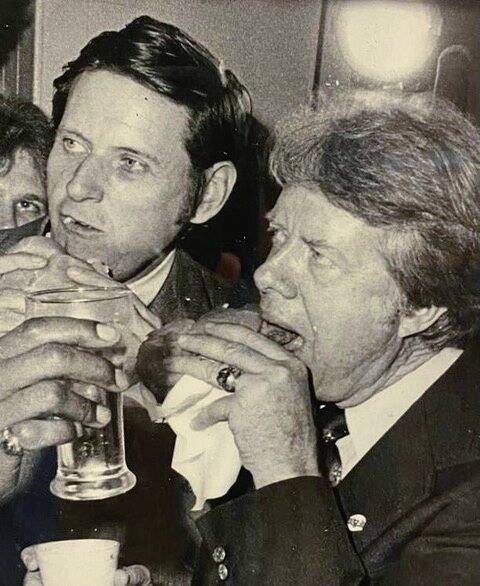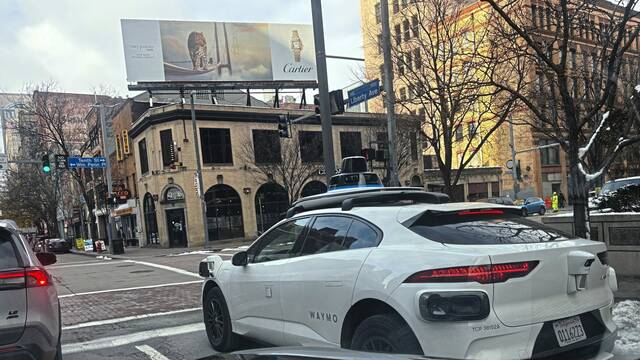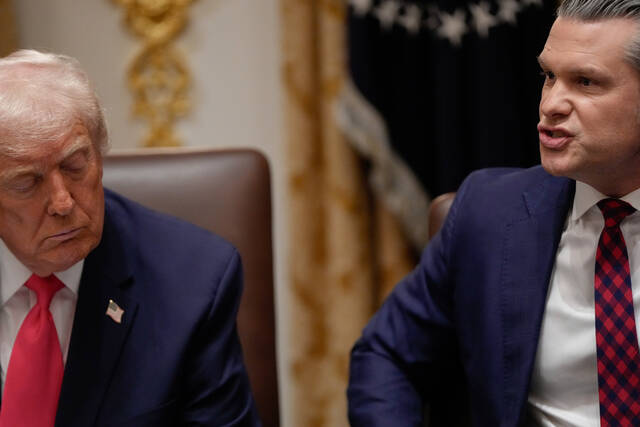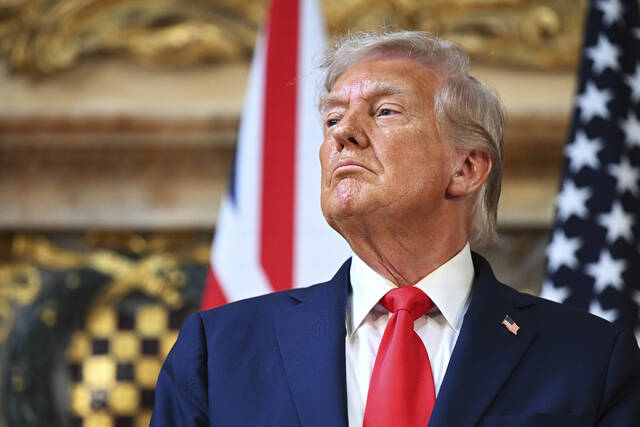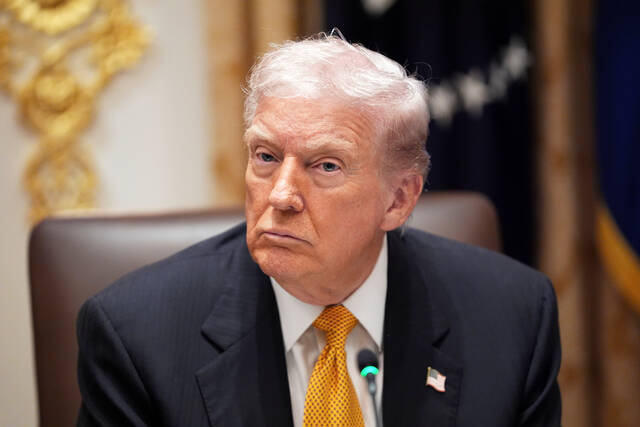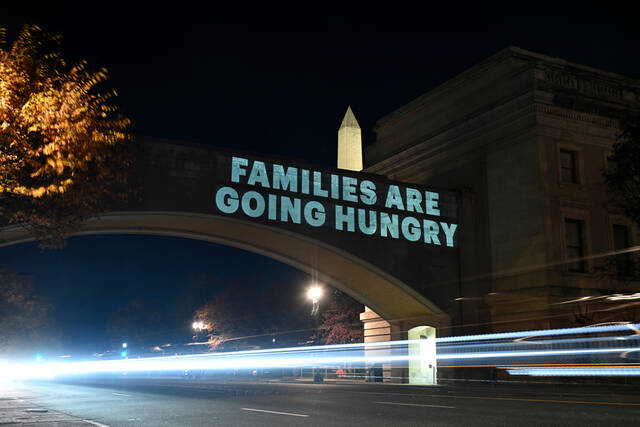Jimmy Carter became larger in defeat. That’s not easy to do, but it is especially rare in politics. For many politicians, losing the big one is enough to push them into the background forever. For Carter, his one-term presidency was just one step along the way to greatness.
Carter’s presidential challenges are well known. He was denied a second term after struggling with gasoline shortages, soaring interest rates, the Iran hostage crisis and the failed attempt to rescue them. Bad luck followed bad luck, and Carter couldn’t catch a break.
Political defeats are so public — and sufficiently humbling — that losing candidates often retreat from the public arena. Carter’s work with Habitat for Humanity and the Carter Center after his loss have become essential starting points for any post-mortem discussions with defeated candidates.
“President Carter showed us that public service does not end with public office,” said former Pennsylvania Gov. Tom Corbett, who lost reelection to a second term. Corbett now teaches at the Duquesne University Kline School of Law, mentors young lawyers and serves on nonprofit boards, including the Variety Club and Keep Our Republic.
As an unlikely and mostly unheard of presidential candidate, Carter received critical early support in Pittsburgh when popular Mayor Pete Flaherty endorsed him. Flaherty, who ran against the political establishment as “Nobody’s Boy,” had saved Pittsburgh from financial collapse with his frugal policies.
In a widely published photo from the campaign, these two political gadflies are seen scarfing down fish sandwiches at the Original Oyster House in Market Square. It was a perfect “everyman” image in the original blue-collar town.
In 1977, Carter put events in motion that changed Pittsburgh’s history forever when he appointed Flaherty to be his deputy attorney general. With Flaherty’s resignation, City Council President Dick Caliguiri became mayor and was then elected three times in his own right. Caliguiri went on to launch Pittsburgh’s “Renaissance II,” revitalizing the city.
Carter stayed in touch with Pittsburgh during his presidency. He visited the Westinghouse plant in East Pittsburgh to discuss the energy crisis with union and local government officials. In bitter cold weather, a couple of hundred supporters still met him at the airport.
In 1979, the president and first lady Rosalynn Carter paid a surprise visit to the Fisher family and their neighbors in Carnegie, seeking a candid appraisal of his presidency from regular Americans. By all accounts, he got the unvarnished opinions that he wanted, including one suggestion that he should “be more like Harry Truman.”
I was in state Sen. Jimmy Romanelli’s kitchen when he got the call from the president canceling an upcoming visit to Pittsburgh’s South Side. Carter explained that he was in the middle of the Camp David peace negotiations between Menachem Begin and Anwar Sadat — his greatest accomplishment as president — but he would send Rosalynn instead.
As part of the local advance team for her visit, I saw firsthand that we had lost nothing with the last-minute substitution. The first lady was warm and kind and genuine, a perfect partner for the president. She embraced the families at the 12th Street Market House, and they loved her.
Looking back on that day, it was clear then that the Carters would continue to make America better — in or out of public office.


